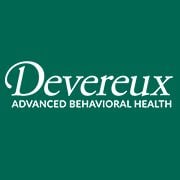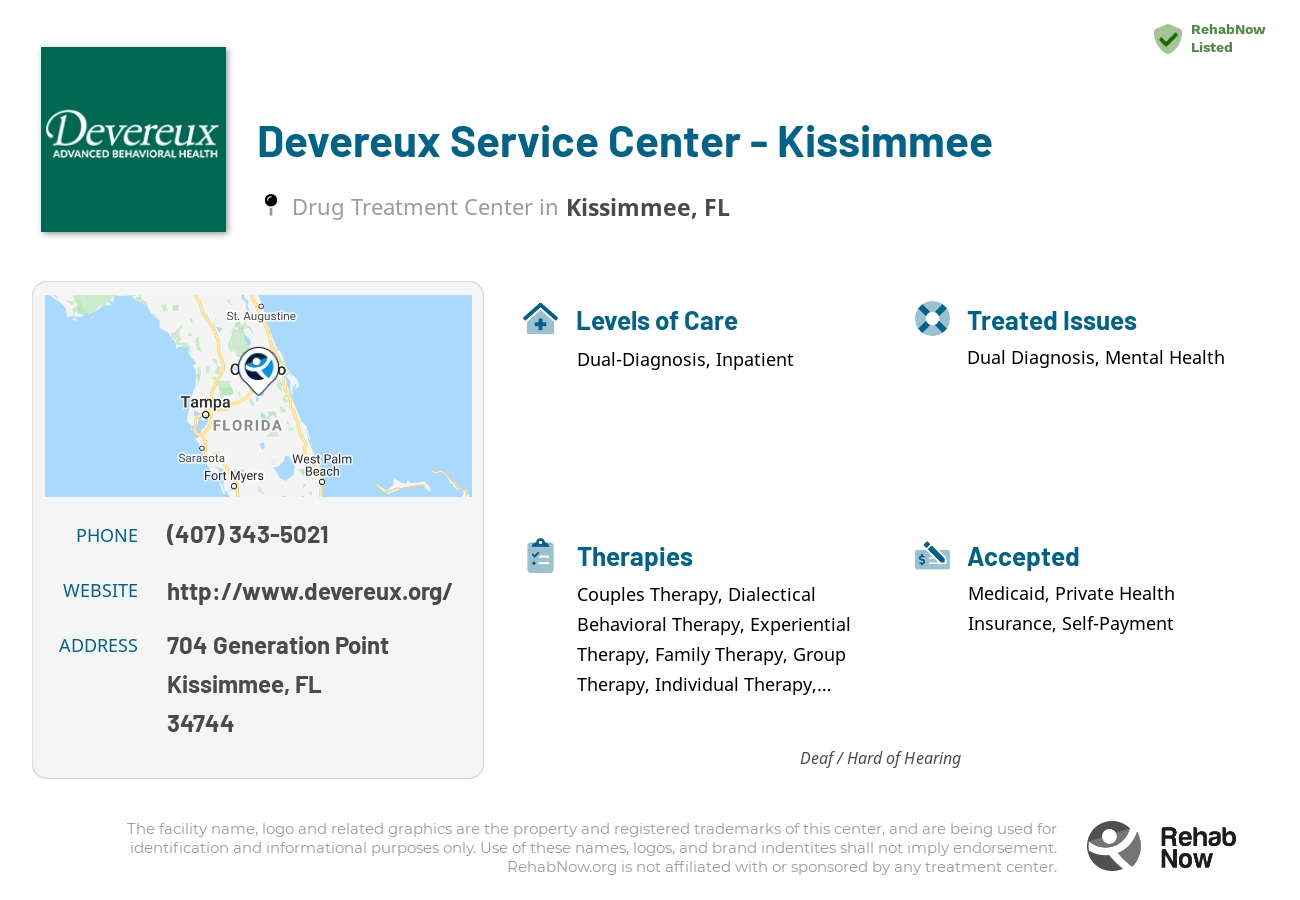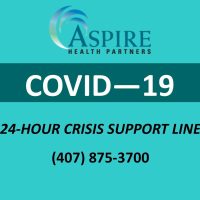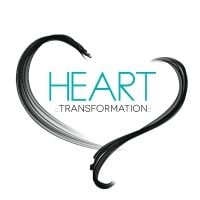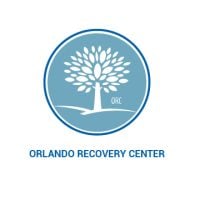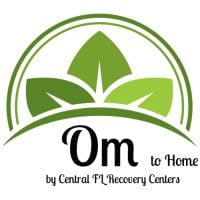Devereux Service Center - Kissimmee
Drug Rehab Center in Kissimmee, Florida
Devereux Service Center in Kissimmee, Florida provides evidence-based mental health treatments and comprehensive care, including dual diagnosis and inpatient treatment, tailored to meet the individual needs of their patients.
About This Florida Facility
Devereux Service Center - Kissimmee is a renowned treatment facility in Kissimmee, Florida that specializes in providing comprehensive care for individuals dealing with dual diagnosis and mental health issues. This facility offers a range of services to help those seeking sobriety and improved mental well-being. With its affiliation to Devereux Hospital and Children's Center, it maintains a reputation for delivering high-quality care and personalized treatment plans. Devereux Service Center - Kissimmee accepts private health insurance, making its services accessible to a wide range of individuals in need.
At Devereux Service Center - Kissimmee, individuals struggling with dual diagnosis and mental health challenges can find effective treatment options. Through their inpatient levels of care, they provide a supportive environment where individuals can receive round-the-clock care and treatment. Their approach to addiction and substance abuse involves utilizing evidence-based therapies and treatment methods. These may include individual counseling, group therapy sessions, cognitive-behavioral therapy, and psychiatric support. By addressing both mental health and substance abuse issues simultaneously, Devereux Service Center - Kissimmee aims to help individuals achieve successful outcomes and lasting recovery.
Genders
Ages
Modality
Additional
Conditions and Issues Treated
When addiction and psychiatric issues co-occur, the addict’s recovery is more successful when both conditions are treated. A dual diagnosis refers to a condition in which the patient is diagnosed with two health issues: addiction and bipolar disorder.
Usually, dual diagnosis sufferers are prescribed a combination of treatments for each condition. The most common therapies are psychotherapy, behavioral therapy, spiritual counseling, 12-step programs, and medication management.
Psychiatric conditions are an obstacle to recovery because they can create roadblocks to a healthy lifestyle. Drugs and alcohol may be used as a means of self-medication, which can have dangerous consequences. Over time, addicts build up a tolerance and suffer withdrawal symptoms when drug use is stopped.
With the proper treatment, dual diagnosis sufferers can overcome their conditions and achieve lasting sobriety.
Levels of Care Offered at Devereux Service Center - Kissimmee
This center offers a variety of custom treatment tailored to individual recovery. Currently available are Dual-Diagnosis, Inpatient, with additional therapies available as listed below.
Inpatient treatment is an option that provides addicts with a supportive environment in which they can stop using. This type of intensive care and supervision is appropriate for those who were unable to quit on their own or need more structure than they could get from outpatient treatment, such as the addict most in need of this level of care.
The goal of inpatient rehab is for the addict to stay focused on sobriety and remain free of mood altering substances. Inpatient treatment programs usually offer the following: detox, therapy groups, one-on-one counseling, medication management and aftercare planning.
Therapies & Programs
Individual therapy is a critical component of addiction recovery. It allows the patients to go deep into their core issues and discover how to handle those problems better. Therapy can be conducted in individual sessions as well as group settings. In individual therapy for addiction, the patient meets with their therapist one-on-one to focus on the underlying issues. This allows patients to open up and discuss personal topics they may not feel comfortable discussing in a group setting. This type of therapy can help develop solutions specific to each patient, which helps speed up the recovery process.
Couples therapy is beneficial for couples in which at least one partner has a substance use disorder. This type of therapy can help partners improve communication skills, which is an important factor in a healthy relationship. It can also help partners better understand one another so they have a greater understanding of how the other partner may be feeling.
Benefits of couples therapy include:
- Improvement in communication skills
- Increased understanding of the dynamics within a relationship
- Increased sense of support and trust in the relationship
- Better teamwork between partners/increased willingness to listen and work together
- Enhanced tolerance of each other’s shortcomings
- Improved ability to have open, honest communication with each other
Family therapy is a crucial part of drug treatment and getting sober. It is one of the most effective ways to help addicts stay on the path to long-term sobriety. When a drug addict decides that they want to try and get sober, it takes the support of every person they love to succeed. It can be incredibly difficult for loved ones to watch an addict go through the pain and suffering of withdrawal, but by being there with them and supporting them, they can help to make sure that the addiction never returns.
One of the most important parts of family therapy is the relapse prevention plan. During treatment, therapists and doctors will often sit down with the addict and their family to develop a plan in case the addict ever feels like they want to use again. This plan should involve steps the addict and family can take together to prevent them from relapsing in the future. An addict’s family can play a vital part in helping them to avoid relapse because they can spot the warning signs and help them get back on track before it becomes too much of a problem.
Group therapy helps prevent addicts from feeling isolated or unique in their situation by offering a sense of comfort and fellowship. It also creates a forum for addicts to build their support systems and learn from each other. The group therapy sessions at Devereux Service Center - Kissimmee occur in a group setting rather than one-on-one to create a safer, controlled environment where addicts feel comfortable.
Trauma therapy helps people dealing with addiction by allowing them to confront the traumas of their past and move past them. It is important to note that trauma therapy should not be confused with PTSD (post-traumatic stress disorder) Rather, it is used to treat the effects of trauma, which are often at the root of addiction.
Dialectical Behavior Therapy was developed in the 1980s to treat chronically suicidal individuals. It is a cognitive-behavioral therapy that combines strategies derived from Zen Buddhism, such as mindfulness training. DBT has been adapted for use with other types of psychiatric problems, including substance abuse and personality disorders. DBT aims to help patients change their thinking and behavior, instead of relying on medication.
Cognitive Behavioral Therapy (CBT) is a common therapeutic approach to help drug addicts. It teaches addicts new ways of thinking and behaving so that they can avoid relapse. There are several forms of CBT used in drug rehabilitation centers.
Cognitive Restructuring helps addicts identify faulty, negative thinking so that they can work together with the therapist to find healthier ways of thinking, resulting in better decision-making.
Cognitive Behavioral Therapy for Addiction uses the principles of CBT to help treat addiction. It focuses on specific aspects of each person’s thinking, feeling, physiology, and behavior. It aims to identify specific problems in these areas and create a personalized treatment strategy.
Patient Experience
Experiential Therapy at Devereux Service Center - Kissimmee
Experiential Therapy is a new approach to addiction treatment. Addiction-related psychological issues like depression and anxiety are addressed through physical activities.
Experiential Therapy can help those who have struggled with past traumas or life decisions like drug use. It allows people to gain new perspectives on their behavior patterns by recreating experiences in healthy ways rather than continuing old habits that may no longer serve them well.
Payment Options Accepted
For specific insurance or payment methods please contact us.
Is your insurance accepted?
Ask an expert, call (888) 674-0062
Devereux Hospital and Childrens Center Associated Centers
Discover treatment facilities under the same provider.
- Intensive Residential Treatment Center in Melbourne, FL
- Devereux Hospital and Childrens Center in Orlando, FL
- Devereux Service Center - Melbourne in Melbourne, FL
Learn More About Devereux Hospital and Childrens Center Centers
Additional Details
Specifics, location, and helpful extra information.
Kissimmee, Florida 34744 Phone Number(407) 343-5021 Meta DetailsUpdated November 25, 2023
Staff Verified
Patient Reviews
There are no reviews yet. Be the first one to write one.
Kissimmee, Florida Addiction Information
Florida is one of the nation's epicenters for substance abuse and drug-related overdoses. In 2014, around 410,000 Florida residents were addicted to drugs and alcohol. Over the last 10 years, 12% of all deaths in the state were attributed to substance abuse. Treatment admissions for alcohol reached 24,329 patients in 2016, and 2.5% of Florida high school students admitted to using crack cocaine.
Kissimmee has been particularly hard hit by the opioid epidemic sweeping the nation. 58% of drug arrests in Osceola County in 2018 were for marijuana. The most commonly abused drugs in Kissimmee are marijuana, heroin, cocaine, and methamphetamine. There are drug and alcohol rehab facilities in Kissimmee that can help those who are struggling with addiction.
Treatment in Nearby Cities
- North Miami, FL (180.7 mi.)
- Quincy, FL (251.5 mi.)
- Wellington, FL (130.8 mi.)
- Floral City, FL (65.4 mi.)
- Macclenny, FL (145.6 mi.)
Centers near Devereux Service Center - Kissimmee
The facility name, logo and brand are the property and registered trademarks of Devereux Service Center - Kissimmee, and are being used for identification and informational purposes only. Use of these names, logos and brands shall not imply endorsement. RehabNow.org is not affiliated with or sponsored by Devereux Service Center - Kissimmee.
